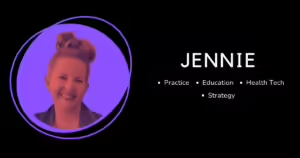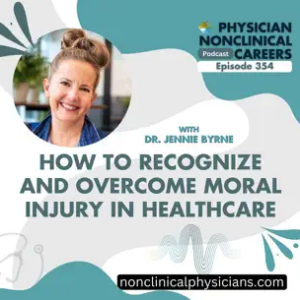Take-Away I – Stop Saying Burnout
Stop staying burn-out. Get to the root problem, if it is moral injury, then call it that.
I am burned out on burnout.
The term burnout became popular in the 1970s when psychologist Herbert Freudenberger published a paper titled “Staff Burn-Out” in an academic journal in 1974 (Malesic, 2022). A recent search of the term “burnout” on Google yields 287,000,000 results.
Everyone is talking about burnout and many people are experiencing burnout. But it is different than moral injury. Recall that one of the definitions of moral injury is leaders are demanding that an individual do something that is against their values. By saying burnout you imply that the individual is just tired and that they need to rest, when in fact that will not fix the problem.
Using the terminology of burnout can do more harm than good. When leaders say you are burned out and you are actually suffering moral injury, they are invalidating your experience. They are putting the onus on you to rest and recover, when in fact it is the system that is the problem. The leaders are blaming you, the victim, for feeling abused, rather than acknowledging that the system is abusing you and it is not your fault.
In healthcare, physicians and other clinicians joined the profession because they wanted to feel respected and autonomous. Terminology like “burn-out” or “break-down” or “low energy” all come from the factory floor. Clinicians are not light bulbs. They are human beings. If you continue to use the term burnout you are worsening the problem because you are reinforcing the feeling that the clinicians are robots with neither autonomy nor respect.
The tricky part about moral injury is that the culture of medicine typically promotes silence. Physicians and other clinicians are trained to be stoic and to be superhuman in their ability to perform at 100% without making any mistakes. So asking a clinician, “Are you suffering moral injury?” is unlikely to get a positive response.
Most clinicians feel inside when something is wrong, but they cannot articulate the problem clearly. If you ask them, you will typically get an answer that they are frustrated with the EMR, or they are frustrated with the notes they have to write, or they are frustrated by the number of patients they have to see in a day. They will not typically tell you they are burned out – and they definitely will not tell you that they are suffering from moral injury.
I believe that leaders can help clinicians gain self-awareness into their own experience and make it easier to ask for help. When leaders solicit feedback or ask questions about provider experience, they need to practice active listening. Open-ended questions, nonjudgmental curiosity, reflection, and clarification are all tools that can help.
But leaders likely need to go further. They need to talk about the differences between mental fatigue, physical fatigue, empathy fatigue, depression, anxiety, and moral injury. They need to give examples of what that might look like. They need to be vulnerable and share if these things have happened to them in the past. They need to find ways to share data about moral injury. They need to find ways to tell stories about moral injury in a way that resonates with the clinicians.
Getting clinicians to talk about moral injury and mental health will be difficult. But leaders can create a safe space and share their own research and their own experiences. Even if a clinician never shares their own experience with moral injury, hearing it from leadership and other clinicians will help them validate their experience and articulate what is going on inside of them.
Talking about moral injury is the first step. Stop saying burnout and get clear on what is real issue.







